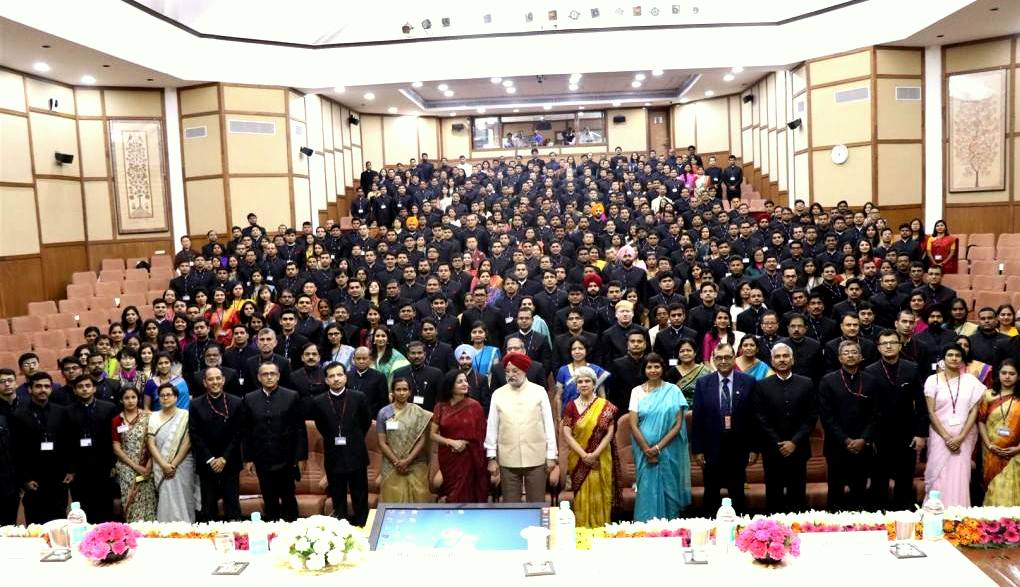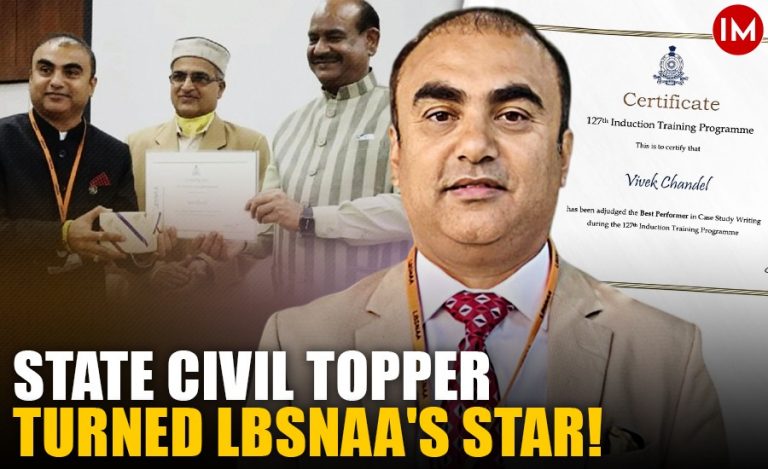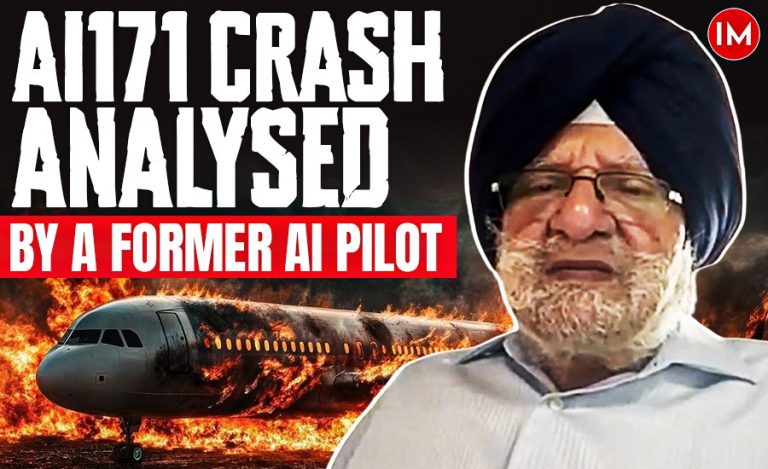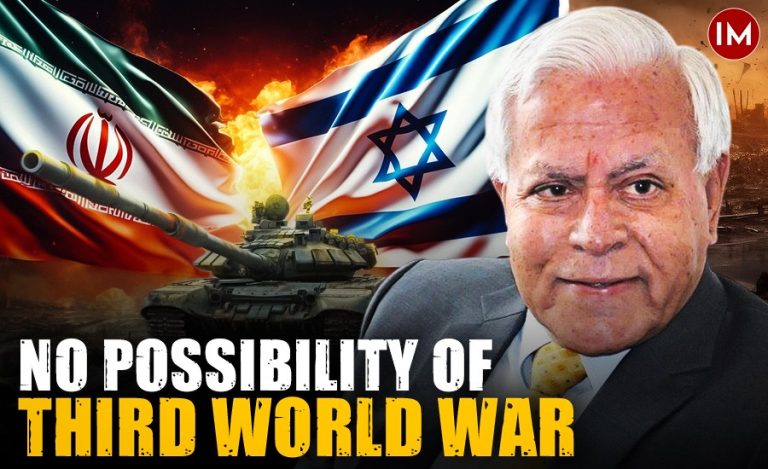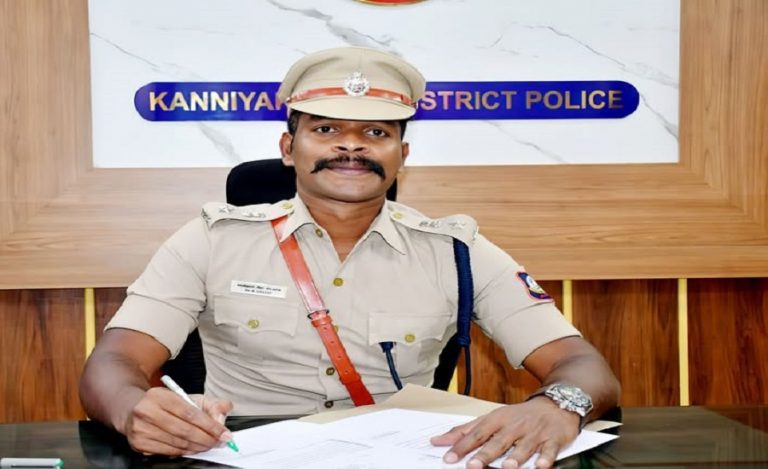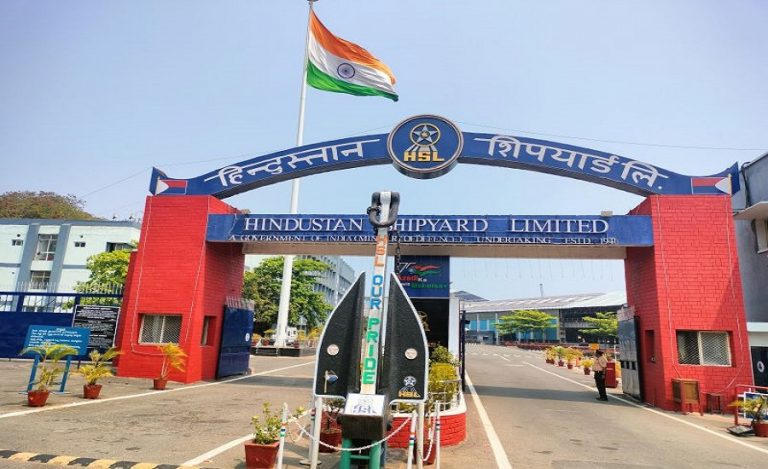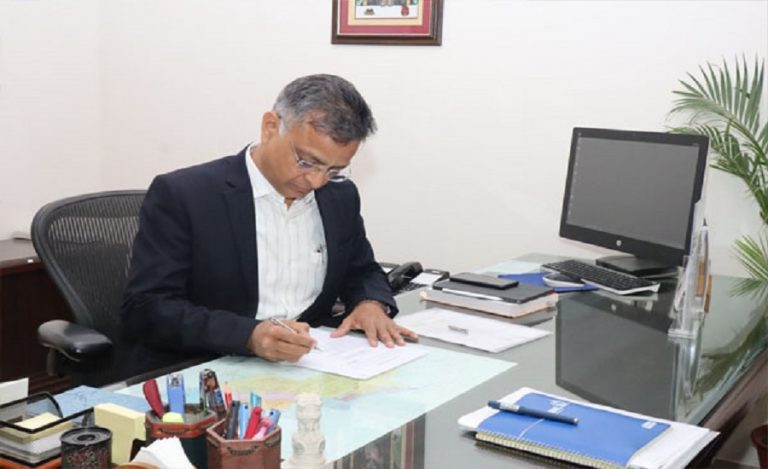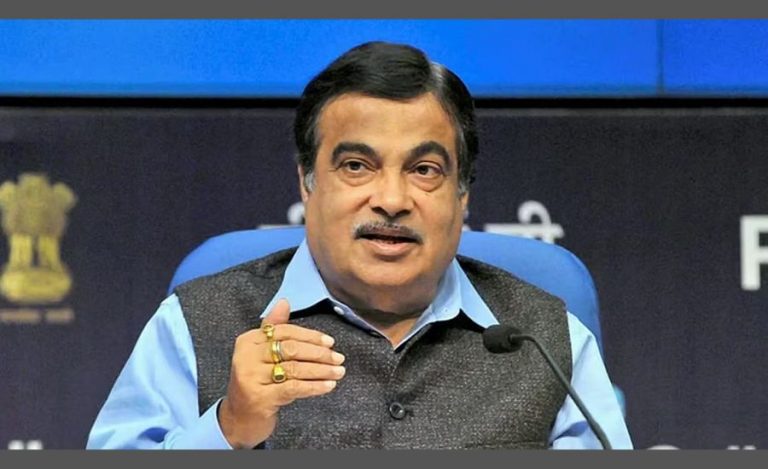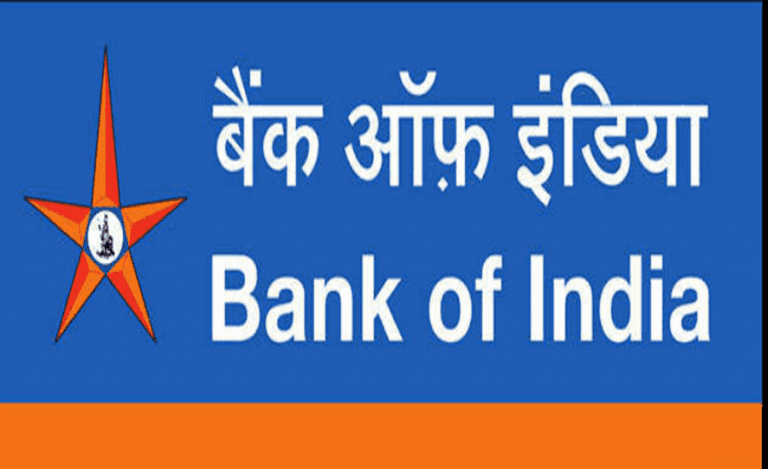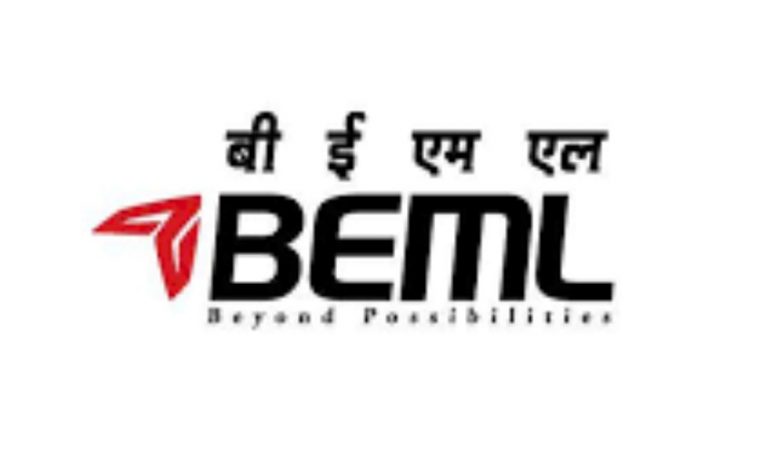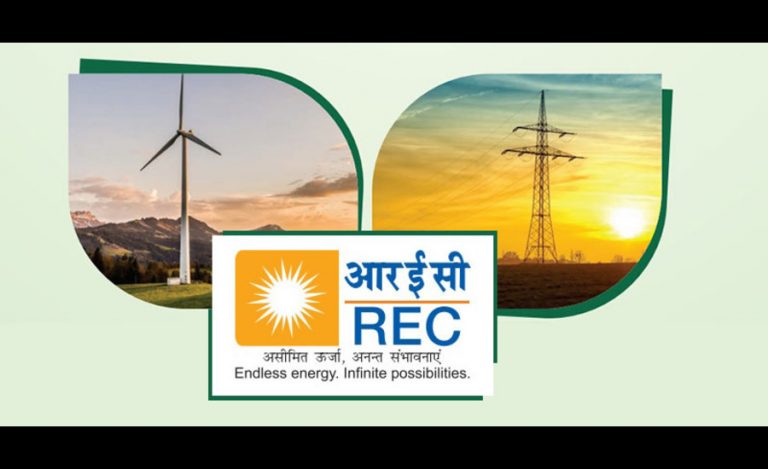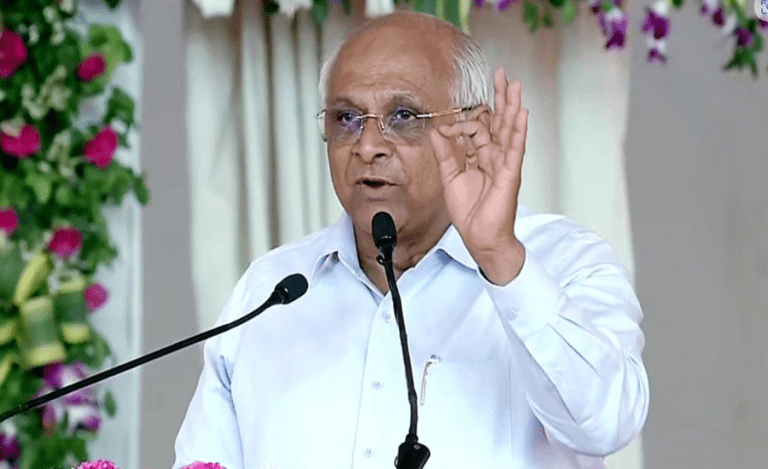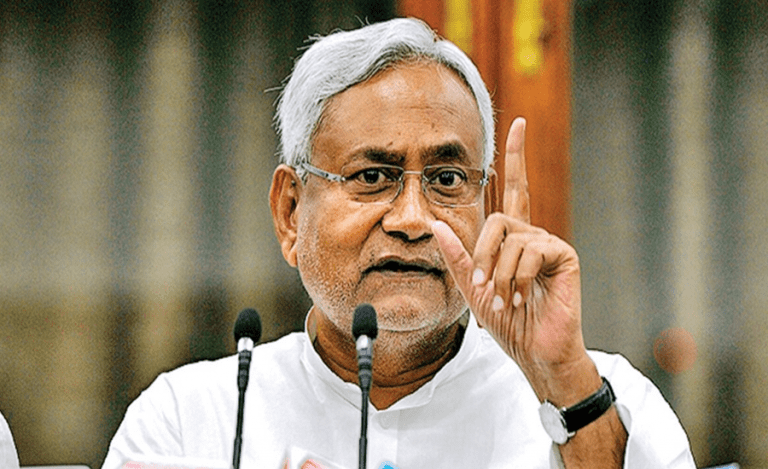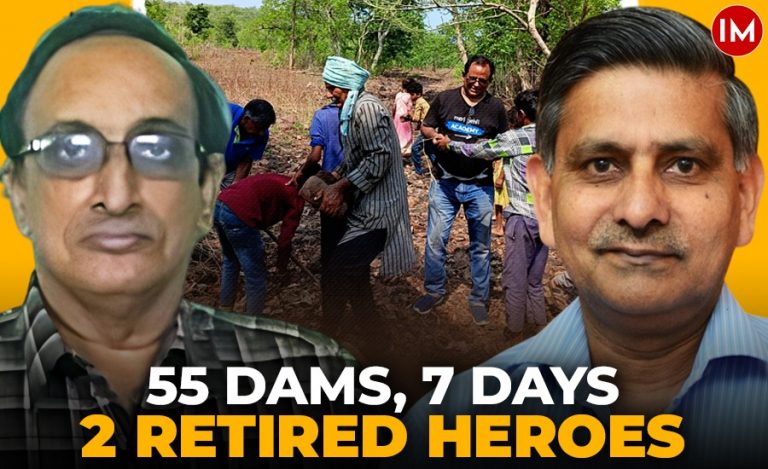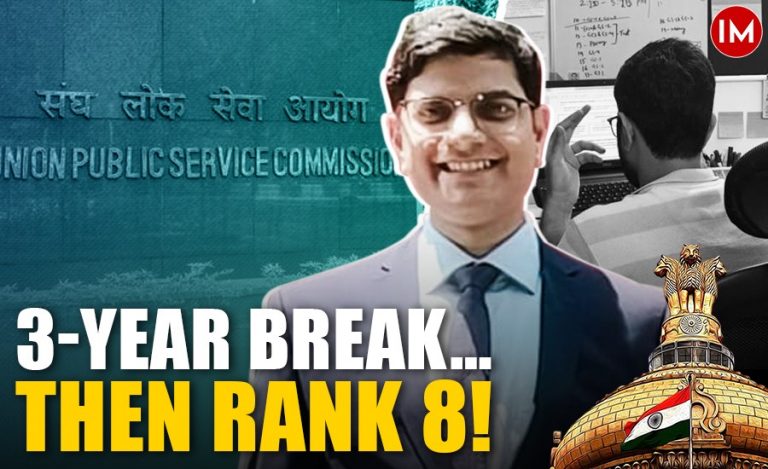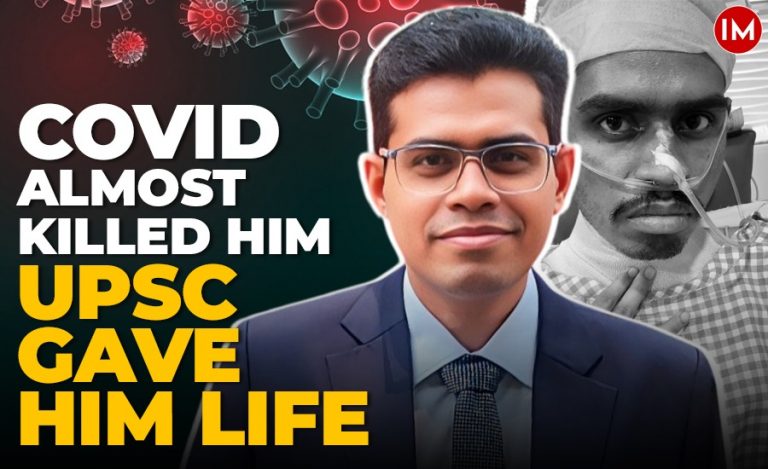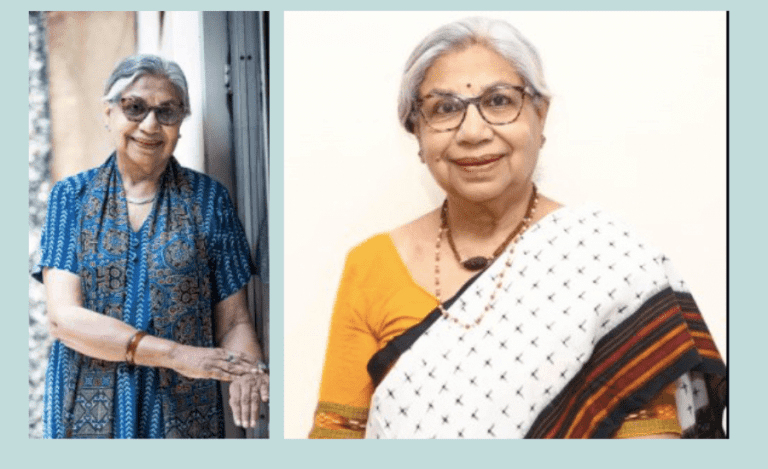Are you an engineering graduate? Then smile, you stand much better chance at being the next IAS, IPS or IRS officer. If not, the odds are stacked heavily against you. This is not us, but the official figures released by the UPSC, which makes this unnerving interpretation.
The last few years’ data of the candidates who managed to crack UPSC has thrown up some very interesting results. The overwhelming winners are engineers, followed by….Just plain graduates! Others, with even those having professional degrees, constitute a very small percentage of the whole lot.
Consider this: 2019 UPSC results show that out of first 20 rank holders, 12 are engineers. In 2017, 19 out of first 20 winners were engineers. So should one take it that a degree in engineering could be the key to unlock the tough UPSC door?
A Challenge for the Doctors
The results also point at a deepening chasm between engineers and other professionals who clear UPSC. While 400-plus engineers were successful in cracking UPSC in 2019, making for roughly 50 percent of 829 winners, only six doctors have made it to the final list.
In fact, as per the data with the Department of Personnel and Training (DoPT) for the year 2014 to 2016, very few recruits (barring engineers) have any specialization.
The only doctors who cleared 2019 UPSC are Dr Arun (rank 55), Dr Darpan Ahluwalia (rank 83), Dr Harsha Priyamvada (rank 165), Dr Abhishek Gowda (rank 278), Dr Vivek Reddy (rank 485)and Dr Adithya Bansal (rank 104).
But, Says Niti Ayog…
Incidentally, these trends seem to be going against the perceived, effective structure of civil services which the Niti Ayog has envisioned. In its document `Strategies for India@75’, released last week, the Ayog suggested that new civil servants should be allocated positions on the basis of their domain expertise and specialization. It recommended placing the recruits into “centralized talent pool, after which candidates can be allocated positions in the Government, based upon their qualification and expertise.’’
But how can this be done if the majority of winners come from just one field- engineering- and the second major block, of plain graduates, is devoid of any specialization?
Counter-Intuitive Strategy
Another interesting trend which has emerged is that for their civil services exams, most engineers and doctors do not choose subjects from their own respective fields. In a written reply in the Rajya Sabha last year, the Government placed on record the startling disclosure that most engineers and doctors choose public administration and sociology for their UPSC exam.
According to the data, for one particular year, less than 10 percent of doctors picked medical science as option for the exam.
For the first time this year, UPSC has made public the names, marks and details of all the candidates who made it to the interview stage but could not clear that final hurdle. This data also throws a stark revelation: nearly two-thirds of those rejected at the interview had engineering degrees.
Non-engineering aspirants can ask why this is so? Why the dice of chance, in perhaps the toughest and most sought after exam of India, is loaded in favour of engineers? There does not seem to be an easy explanation. Maybe it’s not a level-playing field, but so what? It could be that people often mistake one thing for another and get upset. As Oliver Wendell Holmes Jr., arguably the greatest American judge of all time, remarked during a hearing over a century ago, “this is a court of law, young man, not a court of justice’’. One can take heart from these words of wisdom, and stop looking for justice or justifications.

